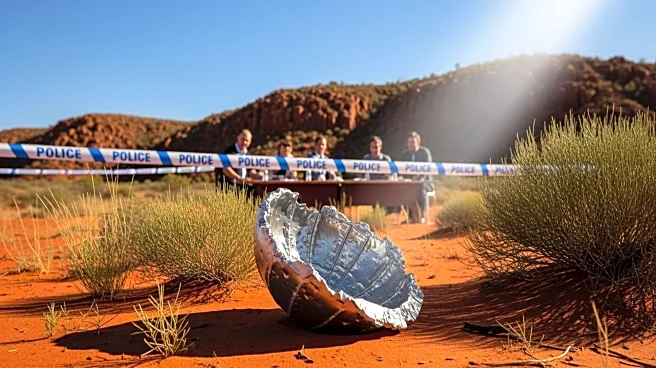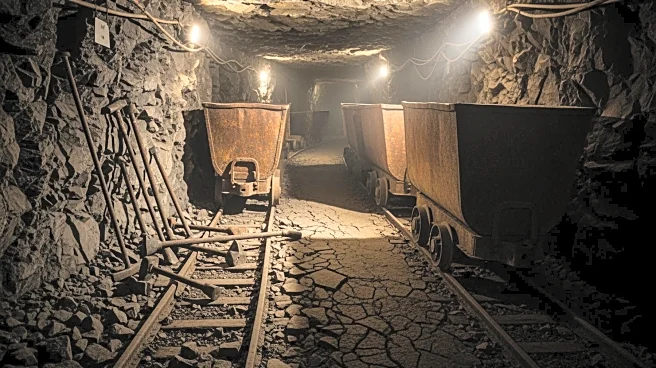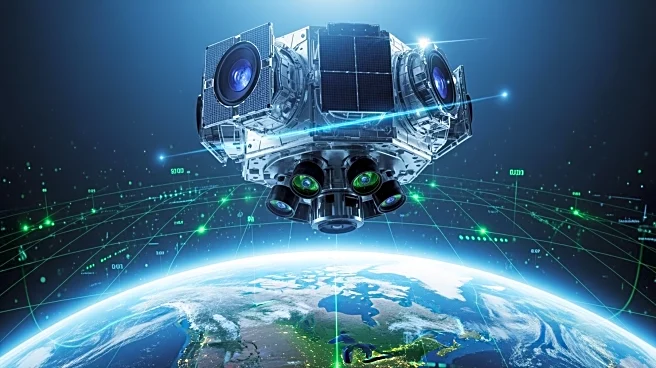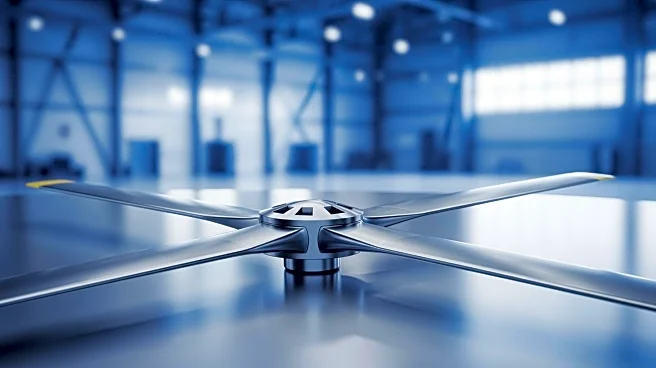What's Happening?
A piece of space debris, believed to be part of a Chinese rocket, was discovered smoldering in the Australian outback near Newman, Western Australia. Local miners found the charred material, measuring
approximately 5 feet across, and reported it to the police. The Australian Space Agency was called to recover the debris for further analysis. Experts, including Marco Langbroek from Delft Technical University, identified the debris as likely originating from the upper stage of a Jielong 3 rocket, which had recently deorbited. The discovery highlights the challenges of space debris management, as objects in low Earth orbit eventually fall back to Earth, sometimes failing to burn up completely upon reentry.
Why It's Important?
The incident underscores the growing concern over space debris and its potential impact on populated areas. As more countries and private companies launch satellites and rockets, the risk of debris falling to Earth increases. This poses safety risks and potential damage to infrastructure. The discovery of the Chinese rocket debris in Australia raises questions about the management and control of space missions, particularly those involving large rockets. The event also highlights the need for international cooperation in developing effective space debris mitigation strategies to prevent future incidents.
What's Next?
The Australian Space Agency will continue to analyze the debris to confirm its origin and assess any potential risks. This incident may prompt discussions among international space agencies about improving protocols for deorbiting spacecraft and managing space debris. Additionally, there may be increased pressure on countries with active space programs to ensure their missions do not pose hazards to other nations. The event could lead to further research and investment in technologies aimed at reducing space debris and enhancing the safety of reentry processes.
Beyond the Headlines
The discovery of the rocket debris in Australia highlights the ethical and legal challenges associated with space exploration. As space activities increase, the responsibility for managing debris and ensuring safety becomes more complex. This incident may lead to discussions about the accountability of space-faring nations and the need for comprehensive international regulations governing space debris. The event also reflects the broader implications of space exploration on global security and environmental sustainability.








